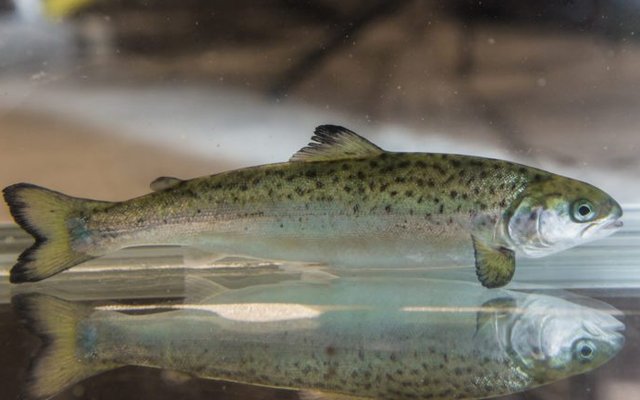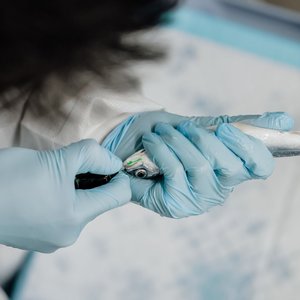A molecular diagnostic to assess the status of salmon’s immune system has been developed by Nofima researchers. By a sample taken from the gills or the dorsal fin, the test measures the activity of 44 genes related to the immune system. Using a previously developed ad-hoc database, researchers can measure the status of the salmon’s health and help increase the smolts’ chances of survival. Approximately 15% of farmed salmon die after being transferred from land-based freshwater tanks to net pens at sea.
“We can see which fish are in good condition and which are not. In addition, we know which fish seem healthy, but in reality, are not,” said Aleksei Krasnov, senior scientist at Nofima.
“The successful development of this novel technique provides companies with a new tool in the smolt quality assessment box for verifying the immune competency and robustness of smolt before transfer to sea. This immune status diagnostic tool can also be utilized in future research projects on smolt performance and survival,” said Gordon Ritchie, group manager of fish health and welfare at Mowi and co-author of the last research published about the test.
Furthermore, the test has other applications. It can be used to determine if different land-based productive approaches can modify the smolts’ immune system before the transfer to the sea. Similarly, it can be employed to investigate the effect of new feeds on salmon health.












